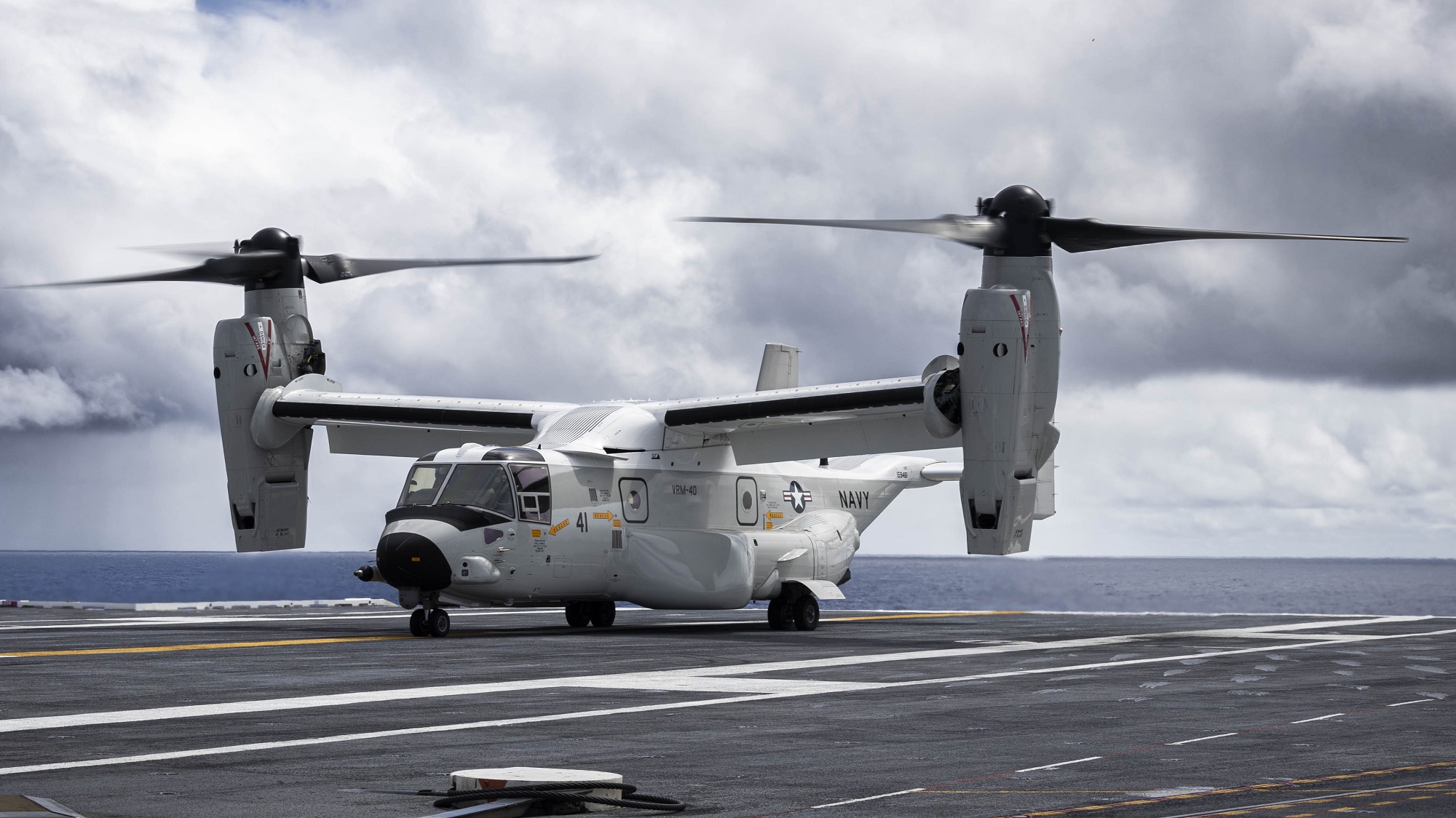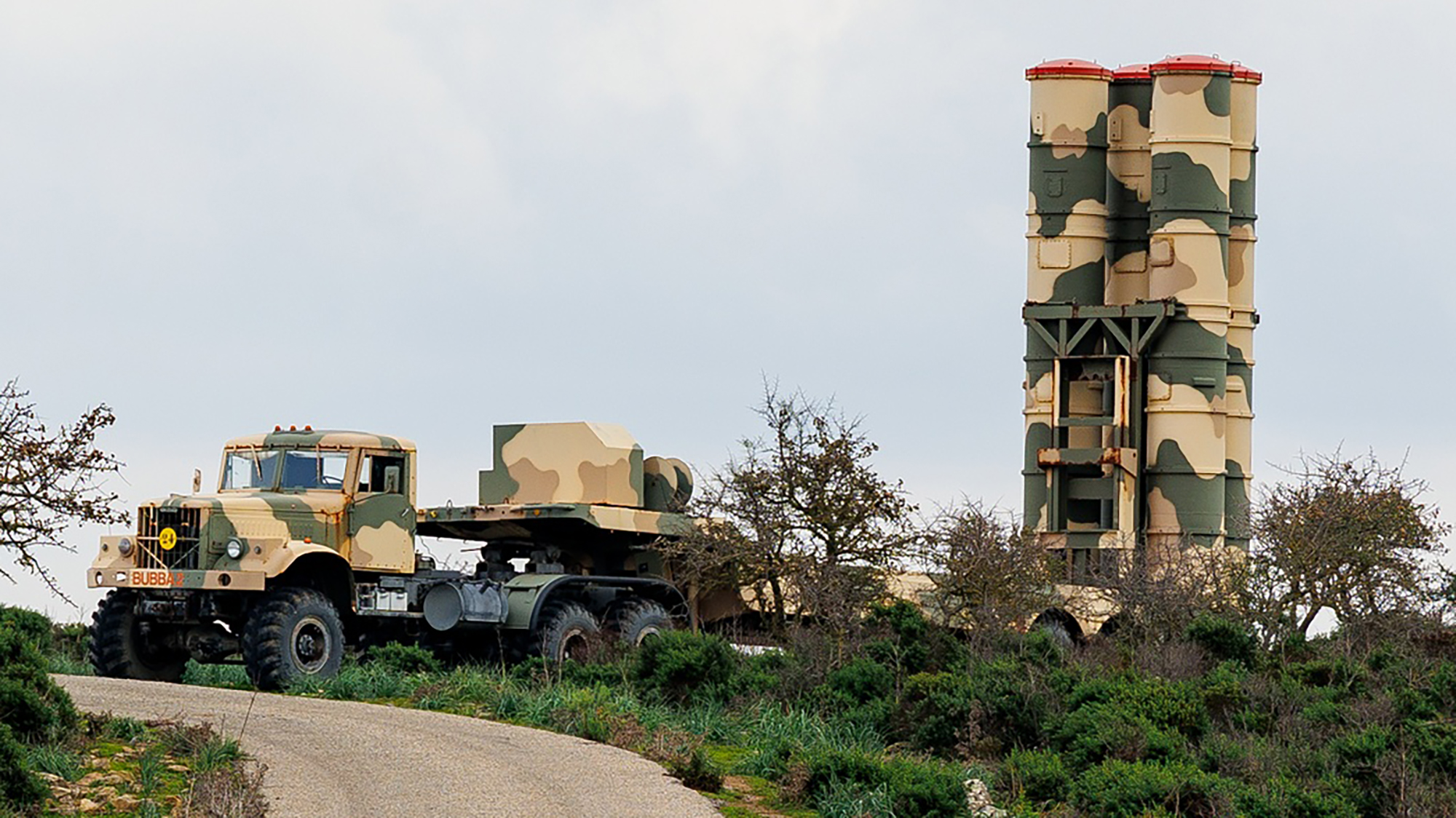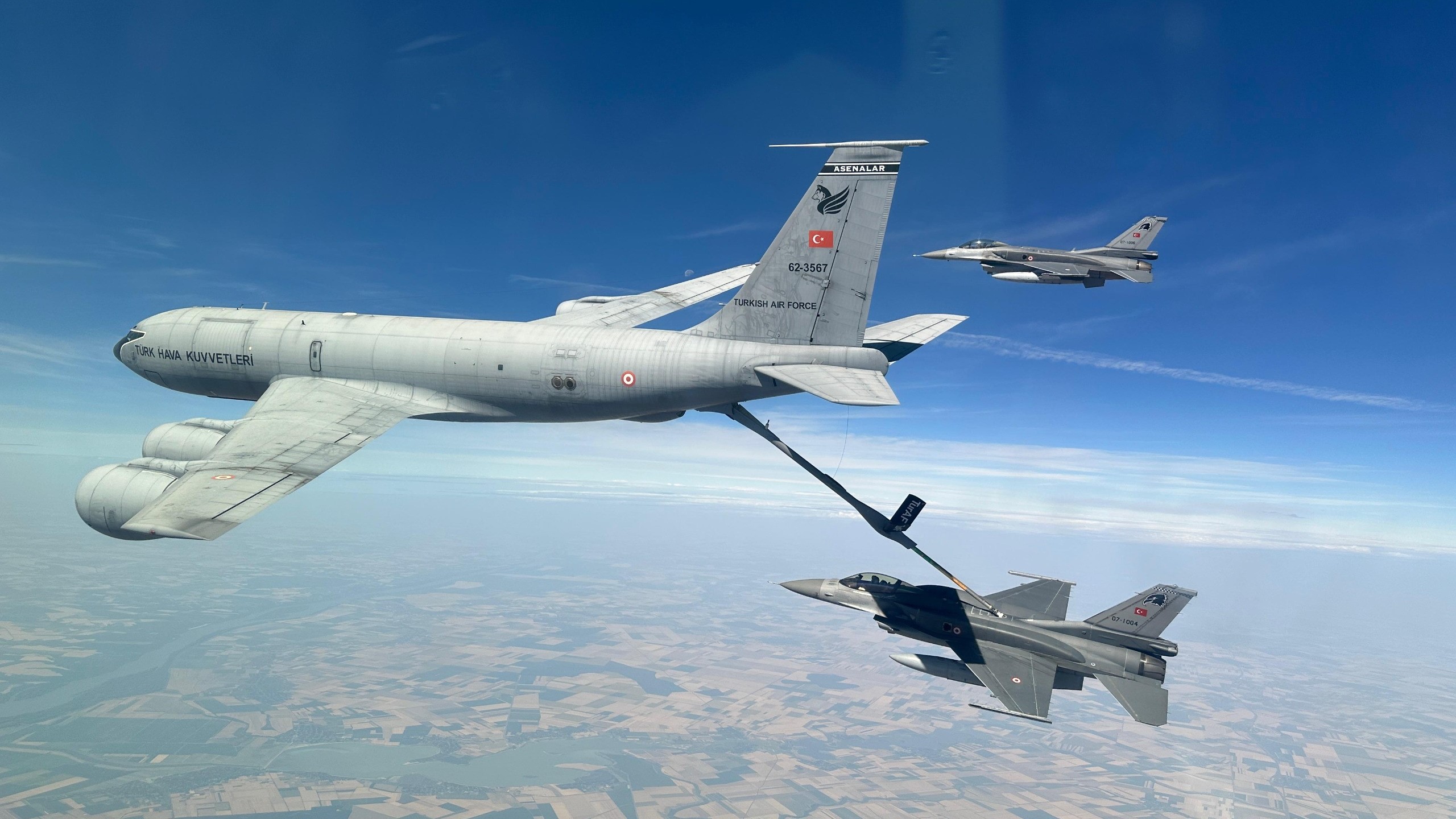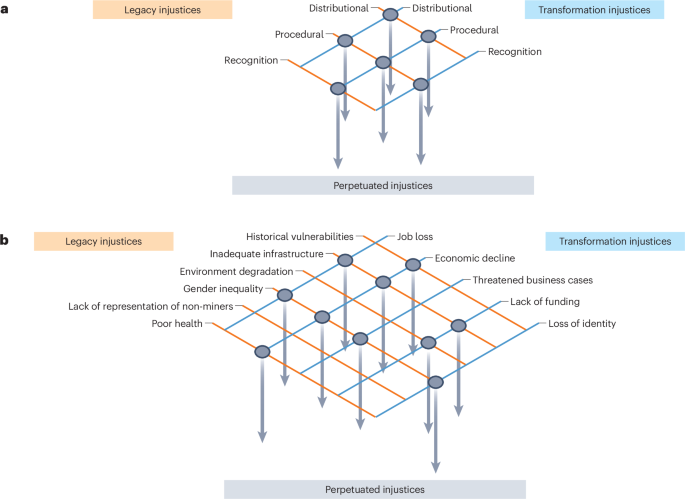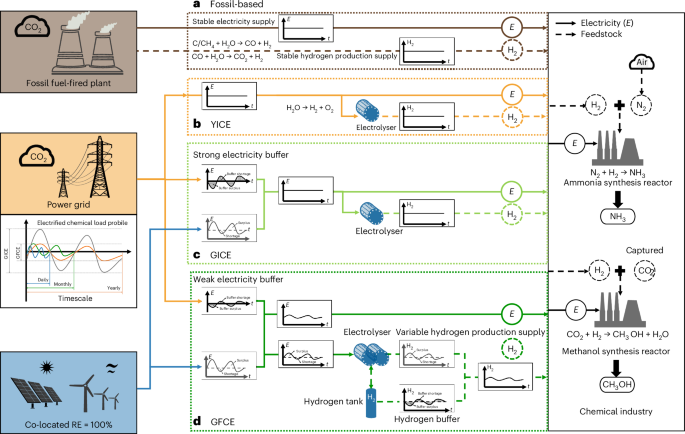Block buy of fifth, sixth Ford-class carriers could yield $5B in savings: Senior Navy official
The talk of a block buy will be welcome news to the industrial base, which has been lobbying the Pentagon for years to repeat the strategy it used for the third and fourth carriers in the class.


The Gerald R. Ford (CVN-78) is one of the US Navy’s newest and most technologically advanced aircraft carriers. (Photo by Justin Katz/Breaking Defense.)
WASHINGTON — A block buy of the fifth and sixth Gerald R. Ford-class aircraft carriers stands to save the US Navy approximately $5 billion compared to purchasing the ships individually, the service’s acting acquisition executive told lawmakers on Wednesday.
Brett Seidle discussed the expected savings while testifying about the Navy’s budget request alongside the Navy and Marine Corps’ top requirements officers, Vice Adm. James Pitts and Lt. Gen. Eric Austin.
A block buy refers to an acquisition strategy of purchasing multiple ships under one contract; in this case, the contract would include the future USS William J. Clinton (CVN-82) and USS George W. Bush (CVN-83). Block buys are a favored acquisition strategy for the US Navy and industry alike because, from the service’s standpoint, buying materials in bulk results in a lower bottom line price. Meanwhile for industry, locking in years-worth of orders early brings the stability shipbuilders crave.
RELATED: Ahead of shipyard ceremony, Navy and Industry advocate for another aircraft carrier ‘block buy’
“We know it’s the most efficient way to build the ship,” then-Capt. Brian Metcalf, the program manager for the Gerald Ford-class program, told reporters in 2022 while visiting HII’s Newport News Shipbuilding. “And it’s actually the most efficient way to buy the ship.”
The Navy in late 2018 inked a deal with HII to purchase the third and fourth Ford-class aircraft carriers — Enterprise (CVN-80) and Doris Miller (CVN-81) — and has stated that deal saved an estimated $4 billion in taxpayer funds.
The prospect of such a deal for CVN-82 and CVN-83 is certain to be welcome news for the industrial base, which had been lobbying the White House and Pentagon in 2024 not to disrupt the carrier program’s schedule following comments from senior Navy officials indicating they were considering a delay in purchasing CVN-82, relative to previous budget projections. As of press time, the Trump administration has not released detailed budget justification documents for fiscal 2026, so it is unclear what, if any, changes the new administration will make on the program’s schedule.
























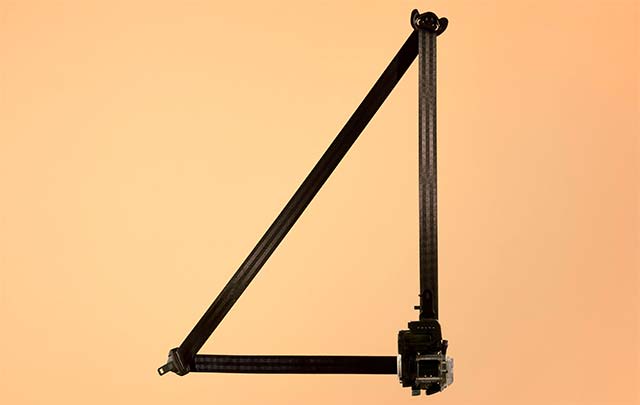































































![The F-35’s future: Can the fifth-gen fighter withstand political, technological headwinds? [Video]](https://breakingdefense.com/wp-content/uploads/sites/3/2024/04/240401_f35_clouds_8270083-scaled-e1711999276822.jpg?#)












